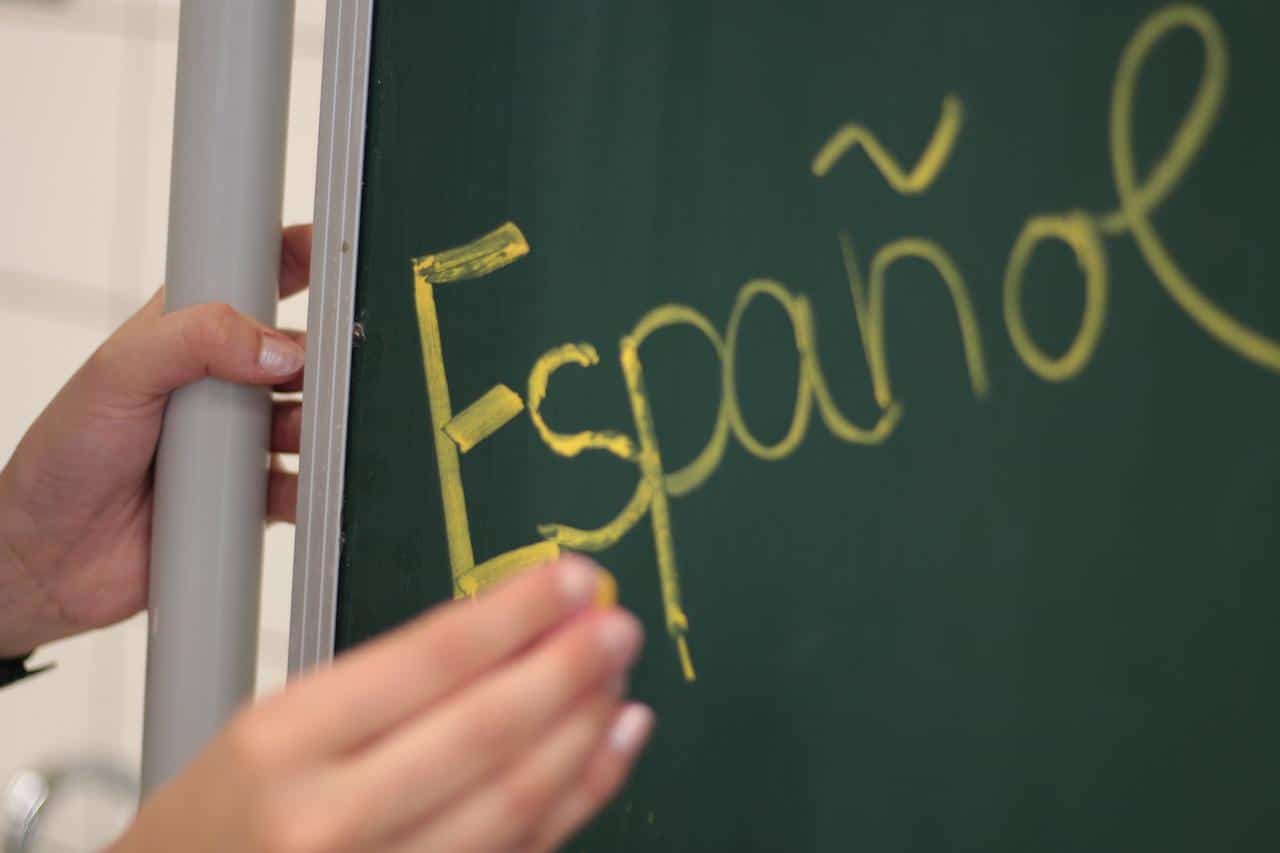There’s a story about a certain Costa Rican president who, upon Pope John Paul’s death, went on television to announce to the Gringo audience in English, “I have bad news. Our potato is gone.”
If you don’t get it, read on.
It’s hard enough for native English speakers to remember that Spanish words ending with -o are masculine and -a feminine and, accordingly, we have to make adjectives agree with them. It turns out there are exceptions of various kinds. Let’s look at some of them.
Masculine words that come from Greek but end in -a
- el aroma (aroma)
- el clima (climate)
- el diagrama (diagram)
- el dilema (dilemma)
- el diploma (diploma)
- el esquema (outline)
- el idioma (language)
- el mapa (map)
- el panorama (panorama)
- el poema (poem)
- el planeta (planet)
- el problema (problem)
- el programa (program)
Words that are shortened versions of other words
- la bici, from la bicicleta (bicycle)
- el cole, from el colegio (high school)
- la compu, from la computadora (computer)
- la foto, from la fotografía (photo)
- la moto, from la motocicleta (motorcycle)
- la refri, from la refrigeradora (refrigerator)
- la radio, from la radiodifusión (radio, but el radio, radius or radium; sometimes la radio is used to refer to the communications medium and el radio for a radio set)
- el super, from el supermercado (supermarket); la tele, from la televisión (television, but el tele, television set)
Words (like radio and televisión) whose meanings vary, depending on gender
- el cólera (cholera), la cólera (anger)
- el cometa (comet), la cometa (kite)
- el cura (priest), la cura (cure)
- el guardia (male guard), la guardia (vigilance)
- el guía (male guide), la guía (guidebook, female guide)
- el orden (order, neatness), la orden (official order or form, like a warrant)
- el papa (the pope), la papa (potato); el parte (traffic ticket), la parte (part)
- el policía (policeman), la policía (police force, policewoman)
All words ending in -ista, which can be either masculine or feminine depending on the entity referred to
- el/la dentista
- protagonista
- masoquista
Words that are just exceptions
- el Canadá (Canada)
- el día (day)
- la mano (hand)
- el quechua (Quechua language)
- el reuma (rheumatism)
- el yoga (yoga)
Words that end in -e or a consonant, meaning we have to memorize the gender. (There are hundreds of them)
- el árbol (tree)
- el arete (earring)
- el bote (rowboat)
- el cable (cable)
- el calor (heat)
- el diente (tooth)
- el desorden (mess)
- el empate (tie, as in a game)
- la fiebre (fever)
- el guión (script)
- la higiene (hygiene)
- el interés (interest)
- el jardín (garden, yard)
- la ley (law)
- el monte (mountain)
- la noche (night)
- el olor (smell)
- el pan (bread)
- el papel (paper)
- el queque (cake)
- el rey (king)
- la sartén (frying pan)
- la suerte (luck)
- el tambor (drum)
- la tilde (tilde, accent mark)
- la web (Internet, the Web)
Sorry, that’s not all. There is an instance where the masculine article el is used with a feminine noun. It takes place only when it comes immediately before a singular noun (and this applies only to nouns) that begins with a stressed a- or ha-.
If it is modified by adjectives that follow the noun, the regular rules apply to the adjectives. If a word intervenes between the definite article and the noun, la is used as usual.
Here are a few examples
- el agua (the water), but el agua purificada (purified water)
- el ama de casa (the housewife), but la triste ama de casa (the sad housewife)
- el arte (art), but el arte moderna (modern art)
- el águila (the eagle), but la gran águila (the great eagle)
- el hambre (hunger), but el hambre excesiva (excessive hunger)
- el hampa (the underworld), but la malvada hampa (the evil underworld)
Most educated writers change una to un under the same conditions where la is changed to el. Thus, it is common to see constructions such as un águila (an eagle). If such nouns are in plural form, las is used: las amas de casa (the housewives); las artes (the arts).
To add insult to injury, there are even exceptions to this exception: la árabe (the Arabic woman); La Haya (The Hague); la a (the letter A); la hache (the letter H).
Believe it or not (and you’d probably rather not), there is actually a neuter article in Spanish. But that’s enough bad news for today. We’ll look into this distressing complication next time.






